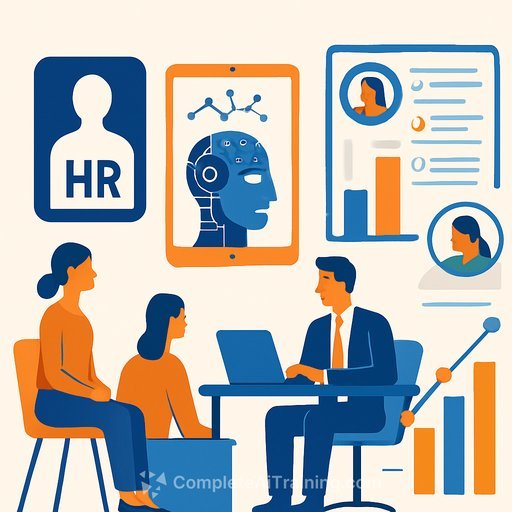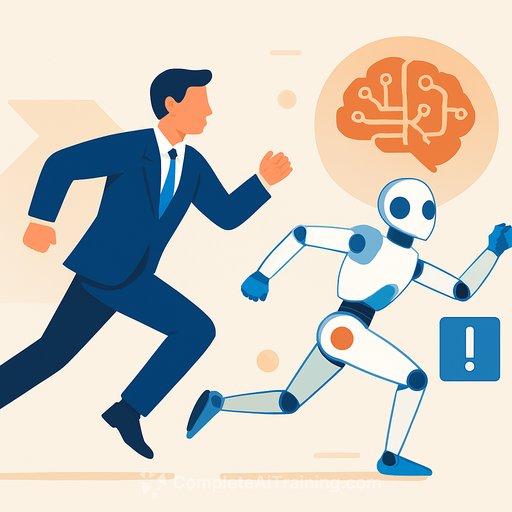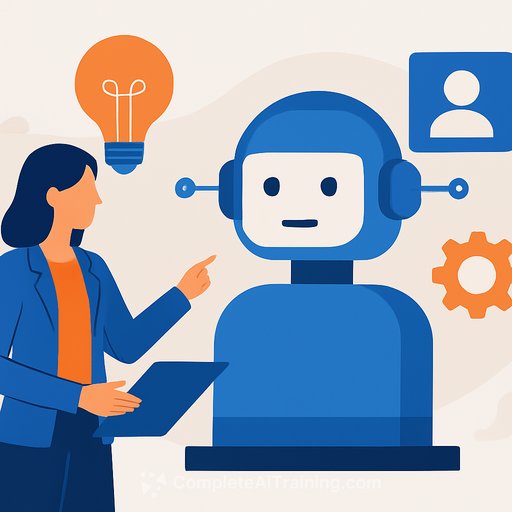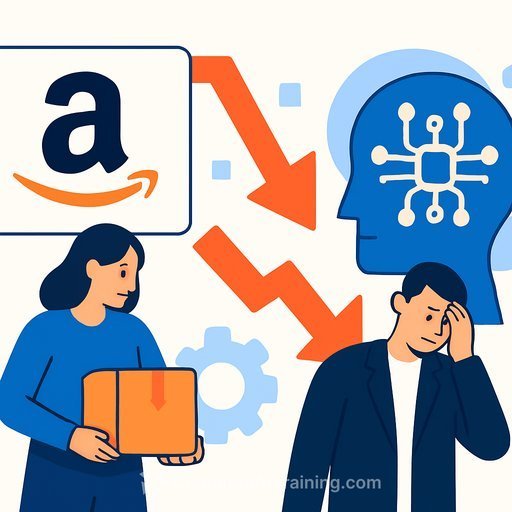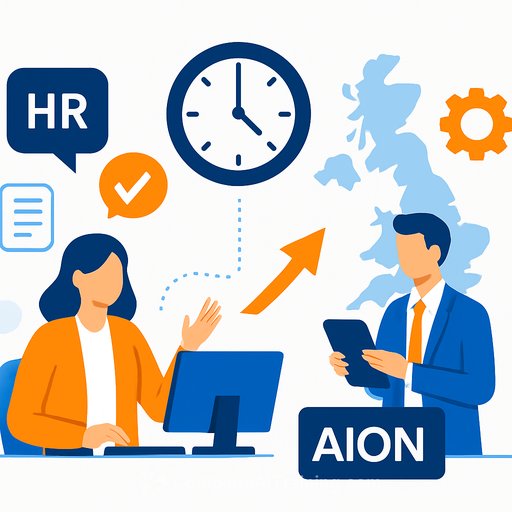Automation and Tech-Forward HR Set the Pace for 2026, Paycom Report Finds
HR leaders are putting tech upgrades at the front of the 2026 agenda. In a survey of 1,000 HR decision-makers by PSB Insights, 43% said improving HR technology is their top priority, and four in five expect to purchase new HCM software within 12 months.
Why the rush? Repetitive work is eating time. Nearly one-third of respondents said time lost to repeatable tasks is driving next year's plans, and 15% ranked expanding AI use in HR as their number one priority for 2026.
Why technology is taking center stage
Fragmented systems are slowing teams down and muddying data. A Forrester Consulting study found organizations use an average of 6.17 providers to manage the employee life cycle, with 77% storing data across multiple HCM databases.
That sprawl has a cost: 80% said duplicate or dispersed employee data hurt the accuracy of workforce reporting. It's no surprise 91% expressed interest in moving to a single HCM platform on one database, and 84% believe it would help them hit business goals - with data accuracy at the top of the benefits list.
The automation mandate
"The need for automated, impactful HR technology has never been greater," said Shane Hadlock, chief client and technology officer at Paycom. The message: replace outdated systems and automate repetitive work.
One survey respondent put it plainly: "We should be integrating new software that makes manual tasks more automated." Paycom states it offers a truly single-database HCM, aiming to allow data and workflows to move cleanly across HR and payroll.
HR's top five priorities for 2026
- Seeking HR technology upgrades and improvements
- Enabling employee development and upskilling/reskilling
- Increasing incorporation of AI within HR functions
- Enhancing employee experience, engagement and well-being (including culture initiatives)
- Attracting and retaining top talent
What this means for your 2026 roadmap
- Audit your tech stack: list every HR and payroll tool, owners, contracts, and duplicate features. Count providers and databases.
- Map high-friction workflows: onboarding, benefits changes, time corrections, payroll adjustments, job changes, offboarding. Quantify volume and rework.
- Run a data health check: duplicate records, field mismatches, report error rates, and manual reconciliations per cycle.
- Build a business case: convert repetitive tasks into hours saved, error reductions, compliance risk lowered, and reporting speed.
- Choose your core: single-database HCM vs. integrated suite. Document must-haves (automation depth, audit trails, role-based access, API maturity).
- Pilot AI in low-risk areas first: content generation for job posts, candidate Q&A, case deflection, and payroll variance review.
- Plan change management: quick-start training, job aids, office hours, and a feedback loop. Assign process owners.
- Set success metrics: cycle-time cuts, first-time-right rates, data accuracy, SLA adherence, and experience scores (HR, employee, manager).
Practical AI use cases HR can deploy now
- Job description drafts with consistent competencies and inclusive language
- Candidate screening summaries and structured interview guides
- Policy change summaries and employee FAQs
- Case deflection in HR service desks with clear escalation rules
- Payroll anomaly checks and variance explanations before approval
Add guardrails early. Define approved tools, data access limits, and review steps, and align with a risk framework such as the NIST AI RMF. Keep pilots scoped, measured, and reversible.
Upskilling your team for AI-enabled HR
Your team will need new skills: prompt crafting, reviewing model output, data privacy basics, and process redesign. Start with short, hands-on training and tie it to live workflows.
If you need a fast path to vetted learning, explore role-based options here: AI courses by job. For fresh updates, scan the latest additions: new AI courses.
Methodology notes
Paycom commissioned PSB Insights in July 2025 to survey 1,000 U.S.-based HR decision-makers with authority over HR and payroll platforms across industries and company sizes. A separate Forrester Consulting study (May 2025) reported averages and perceptions regarding HCM providers and databases.
Bottom line: 2026 will reward HR teams that automate repetitive work, unify data, and apply AI where it cuts real time and errors. Pick a core system, fix the workflows that waste hours, and train your people to work with the tech - not around it.
Your membership also unlocks:

